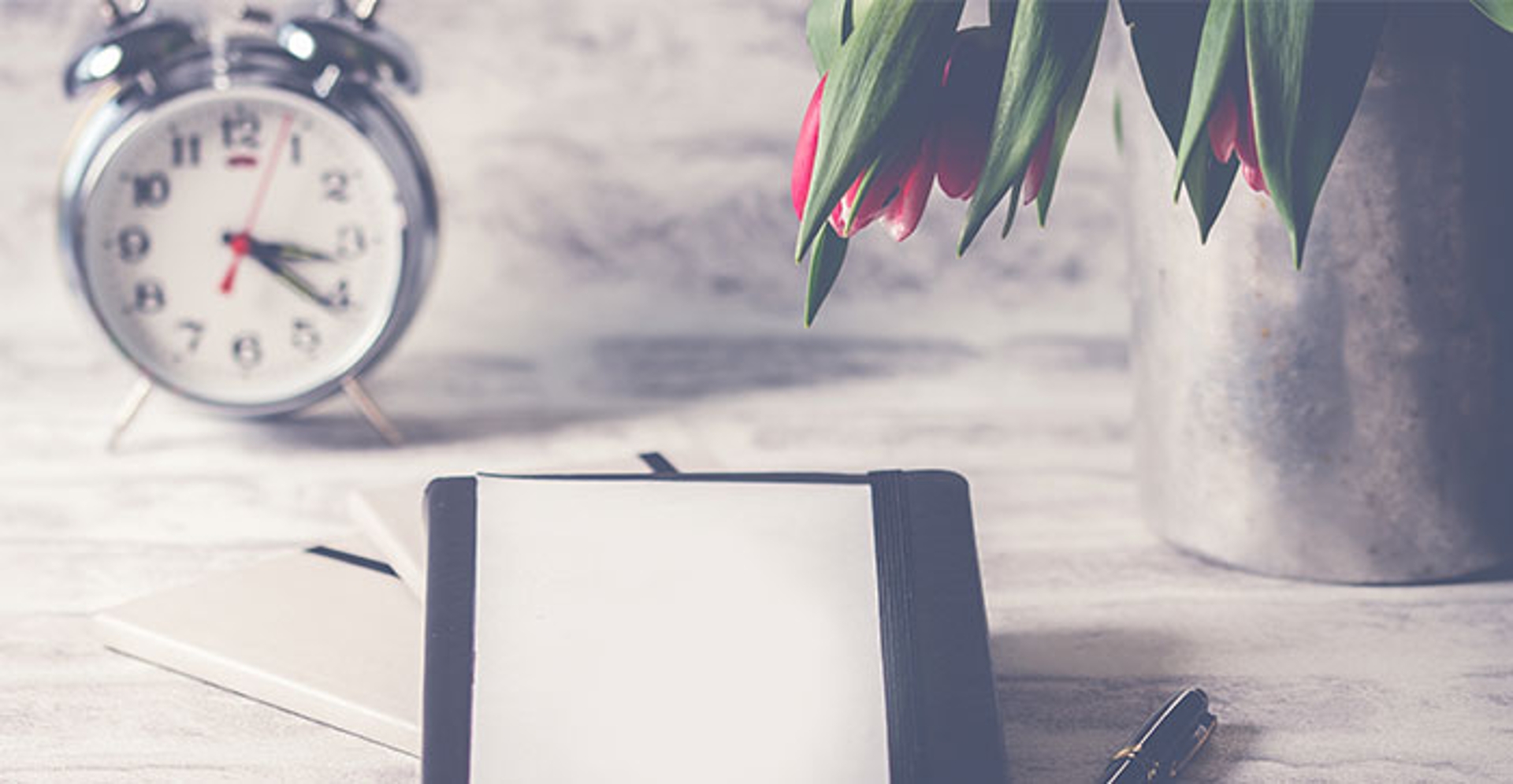Daylight Saving Time is upon us. It’s time to set your clocks forward and wake up even earlier than you usually do. For early risers, this might not be such a challenge. But if you’re not a morning person, Daylight Saving Time might just be your worst enemy. It takes most people days to adjust to the time change, which means potentially oversleeping, feeling groggy, irritable, and just all around tired days after the change. There are also dangers linked with Daylight Saving Time and the resulting sleep deprivation, including increased incidences of traffic accidents, stroke and heart attack. But fear not! There are steps you can take to drastically decrease the negative impacts of Daylight Saving Time.
1. Adjust Your Sleep Schedule Days in Advance. Get a head start on acclimating your new sleep schedule by going to bed earlier and rising earlier days before the change will occur at 2am on Sunday. Your body will be adjusting to the disrupt in your sleep schedule and you don’t want to be trying to adjust on a Monday morning. Even if this means not sleeping in on the weekend. Take this opportunity get your morning workout in, or make an award-worthy breakfast! Find a reason to get up an hour early so it will seem less like torture and more like an opportunity. Your body will thank you come Monday morning.
2. Don’t Forget to Change Your Clocks! This might seem like a no-brainer, but it’s easy to forget all the multitude of clocks in our homes and at the office. Forgetting a clock can lead to Monday morning confusion, and that’s the last thing your tired mind needs. When you leave the office Friday, take care of whatever clocks are around the office so you don’t have to do it Monday. At home, before you go to bed Saturday, set your clocks forward one hour. Most smart phones and devices adjust automatically. But don’t forget your car clock, wall clocks, watches, microwave, oven, and any other devices that you rely on throughout the week to keep you on schedule.
3. Get Some Exercise. It’s no secret that exercise has countless benefits for your mind and body. Additionally, exercise also plays a significant role in the quality of sleep. Make exercise a priority in the days leading up to Daylight Saving Time. Even 30 minutes of moderate exercise each day will have a major positive impact on your sleep. Exercise can be whatever you want it to be, whether it’s going to the gym, running, walking your dog, or cleaning your home. What matters is that you get your heart pumping and your muscles working. However, be sure not to exercise too late in the evening, as this can actually disrupt your sleep even more. According to the National Sleep Foundation, experts recommend working out at least 3 hours before bedtime.
4. Watch What You Eat and Drink. How you adjust to Daylight Saving Time depends on how well you are sleeping. Your diet plays an important role in waking up well rested. Alcohol and caffeine will keep you up at night, so it is best to avoid both, especially in the evening. If you absolutely cannot live without caffeine, be sure to drink caffeinated drinks in the morning and early afternoon only, and abstain in the evening. Foods to avoid are anything that is high in sugar and fat, as well as processed foods. For better sleep, eat cherries, bananas, and foods with lots of calcium such as yogurt, cheese, and leafy green vegetables.
5. Unplug and Unwind. From dawn until dusk, the average American is hooked to one electronic device or another. It’s hard to unplug when work and social expectations keep us glued to our screens. However, our dependency on electronic devices is actually wreaking havoc on our sleep cycles. Our circadian rhythm, an internal clock that influences our sleep and behavior, is largely influenced by light. Sunrise tells us to wake up, and sunset tells us to sleep. But when we are constantly staring at a device that gives off a significant amount of light, we are essentially telling our bodies “stay awake!”. So when you’re sending emails or checking social media in bed, you are effectively stimulating your mind and preventing yourself from getting decent sleep. Finish your tweet about how much you loathe #DaylightSavingTime, put the phone away, and go to bed. Your body will thank you in the morning when you wake up feeling refreshed and well rested.
Follow these steps and you’re sure to survive Daylight Saving Time. Many of these habits listed above are great for every day of the year, not just dreaded time changes.






